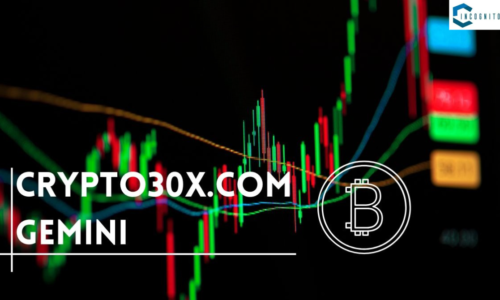
Money is an interesting subject for humans. We all want to have as much money as we can. There are ways to earn where some people do jobs and some do businesses. And there are even some people who make money from money. Surprised? We are talking about investing. The Stock Market is a place where people make a lot of money.
We can invest right from our homes in the digital era where we just need an app. There are some of the best stock market apps out there but choosing can be tough because of many options. Thus we have tried to arrange for you in a clean manner so that you can decide on your own which one to try out. Stay tuned to the end.
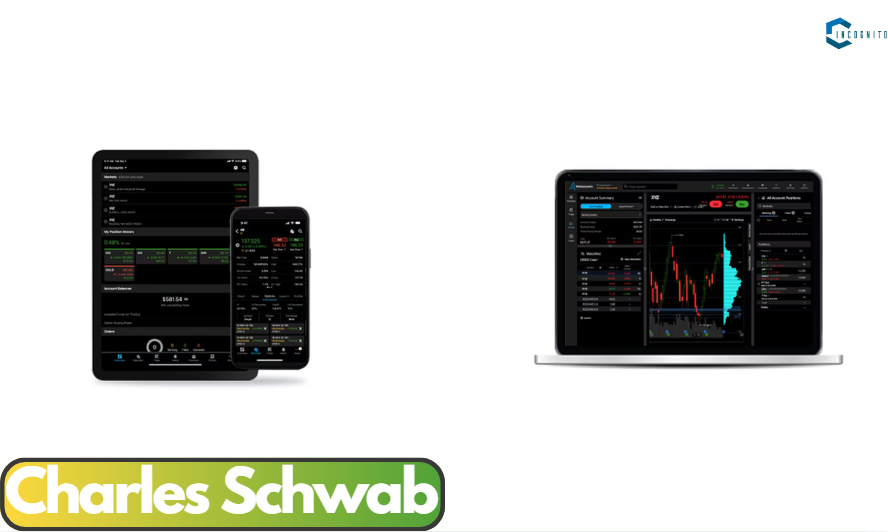
Charles Schwab
1. Charles Schwab
- Origin: Founded by Charles R. Schwab in 1971.
- Available for: iOS and Android.
- Developer: Charles Schwab Corporation.
Why Choose Charles Schwab?
If you’re looking for an app that offers more than just stock trading then Charles Schwab is the one. It has educational tools that allow you to learn about investing while you trade. The acquisition of TD Ameritrade also brought in the popular “thinkorswim” platform which gives you access to excellent tools for learning and practicing trades. It’s like a classroom and stock market all wrapped into one.
Pros:
- No commission for stocks.
- Comprehensive educational tools.
- Available paper trading for practice.
Cons:
- Might feel a bit advanced for absolute beginners.
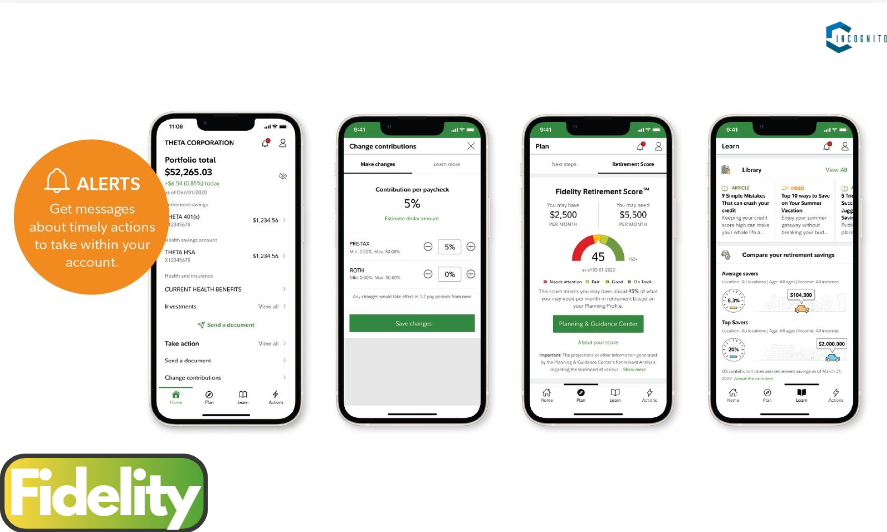
Fidelity
2. Fidelity
- Origin: Founded in 1946 by Edward C. Johnson II.
- Available for: iOS and Android.
- Developer: Fidelity Investments.
Why Choose Fidelity?
Fidelity is one of the best stock market apps for both beginners and advanced traders. It’s user-friendly but doesn’t hold back on tools for those who want to know much more in deep. There’s a “Fidelity Youth App” that even helps teenagers get a grip on investments so if you want your kids to get into the game early then Fidelity’s the one. And, for those who have a workplace 401(k) with Fidelity, it’s super easy to connect accounts.
Pros:
- No stock trading fees.
- Great for beginners and advanced users.
- Offers a youth app to teach teens about investing.
Cons:
- The user interface may seem cluttered to some.
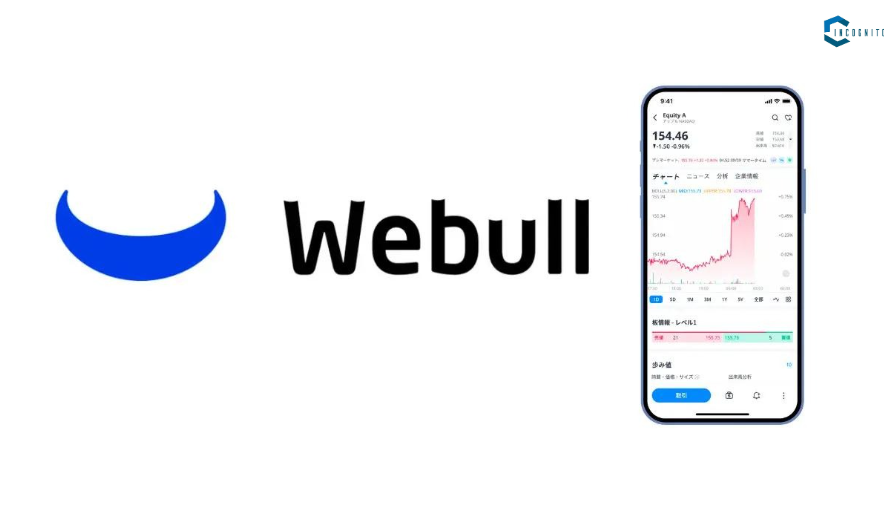
Webull
3. Webull
- Origin: Founded in 2017 by Wang Anquan.
- Available for: iOS and Android.
- Developer: Webull Financial LLC.
Why Choose Webull?
Webull is perfect for anyone who likes features and lots of them. Not only does it provide stock trading at no cost but it also has features like paper trading (to practice), voice command (to trade hands-free), and low interest rates on borrowed funds (margin trading). You also get access to crypto trading through the Webull app.
Pros:
- No stock or options fees.
- Advanced features like voice commands.
- Low margin rates.
Cons:
- Might be a little intimidating for newcomers.
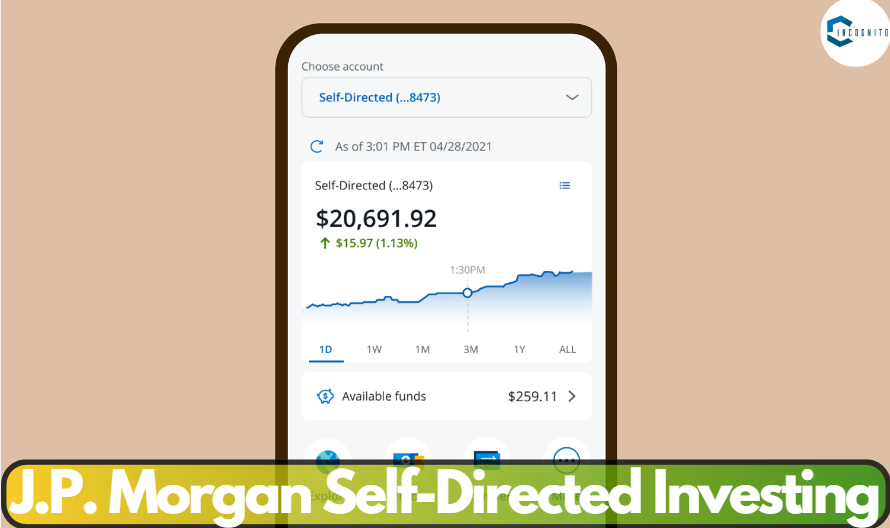
J.P. Morgan Self-Directed Investing
4. J.P. Morgan Self-Directed Investing
- Origin: Founded in 1871 by J.P. Morgan.
- Available for: iOS and Android.
- Developer: JPMorgan Chase & Co.
Why Choose J.P. Morgan?
This is an easy pick if you already bank with Chase. The app integrates your stock trading with your Chase bank accounts which makes things super simple. If you’re already comfortable with the Chase banking app then this will feel like home. The app also provides research and investment ideas from J.P. Morgan experts so you can follow professional advice without leaving the app.
Pros:
- Seamless integration with Chase accounts.
- Research tools and educational resources.
Cons:
- Non-Chase users might not find it as appealing.
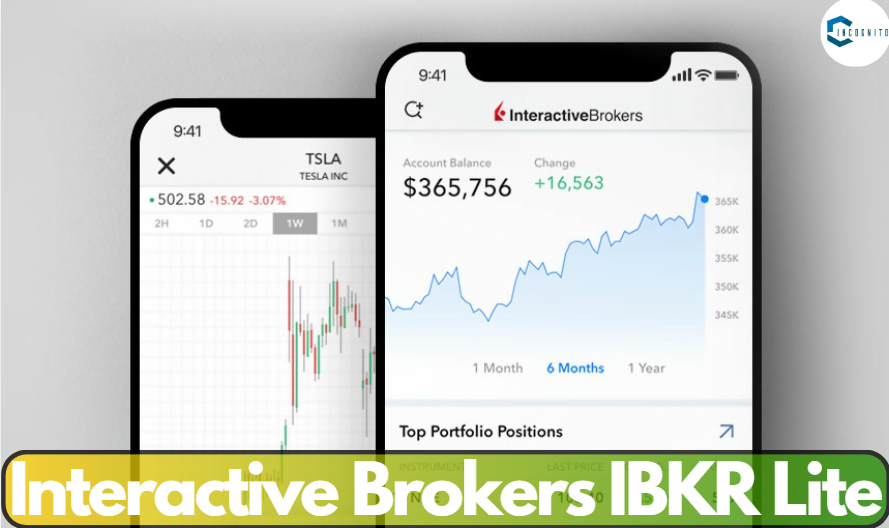
Interactive Brokers IBKR Lite
5. Interactive Brokers IBKR Lite
- Origin: Founded in 1978 by Thomas Peterffy.
- Available for: iOS and Android.
- Developer: Interactive Brokers.
Why Choose Interactive Brokers?
This app is like a toolkit for the more advanced trader. You can customize the dashboard, read from over 200 research services, and even trade in multiple languages (more than nine!). It’s not the simplest app but it’s a powerhouse for anyone wanting to get deep into the stock market.
Pros:
- Customizable trading features.
- Tons of research and news options.
- Supports multiple languages.
Cons:
- Not beginner-friendly.
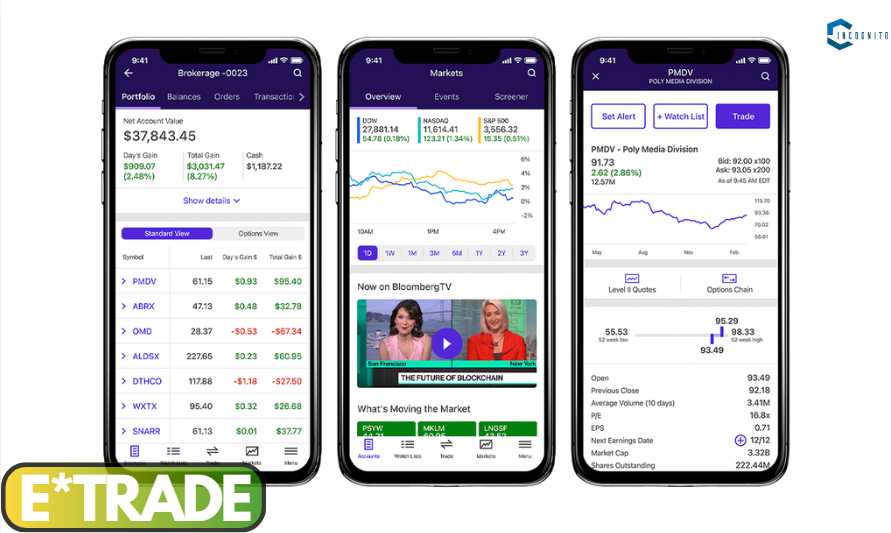
E*TRADE
6. E*TRADE
- Origin: Founded in 1982 by William A. Porter and Bernard A. Newcomb.
- Available for: iOS and Android.
- Developer: E*TRADE Financial Corporation.
Why Choose E*TRADE?
ETRADE provides extended trading hours and a user-friendly app for all levels. It has everything whether you’re a day trader or a long-term investor. You can trade even after the traditional stock market closes with extended hours. You also get access to “Power ETRADE” for more advanced trading.
Pros:
- Extended trading hours.
- Easy-to-use interface.
- Separate app for advanced traders.
Cons:
- It could be too advanced for beginners.
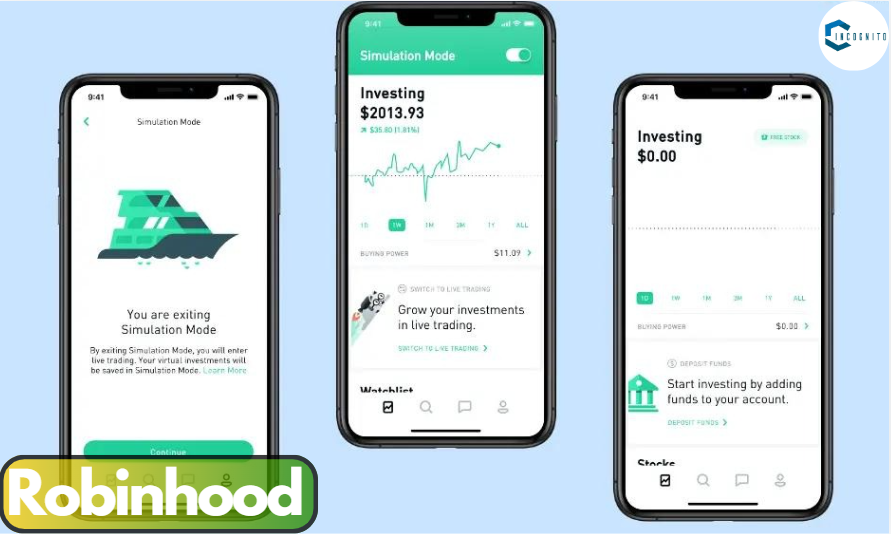
Robinhood
7. Robinhood
- Origin: Founded in 2013 by Vladimir Tenev and Baiju Bhatt.
- Available for: iOS and Android.
- Developer: Robinhood Markets.
Why Choose Robinhood?
Robinhood is often the first app people think of when they hear “stock trading app.” It’s beginner-friendly and its no-frills design makes trading easy for anyone. It’s one of the cheapest ways to get started with no fees for stock or options trading. They also recently introduced an IRA with matching contributions.
Pros:
- Beginner-friendly.
- Zero fees for stocks and options.
- Clean, simple interface.
Cons:
- Limited customer support.
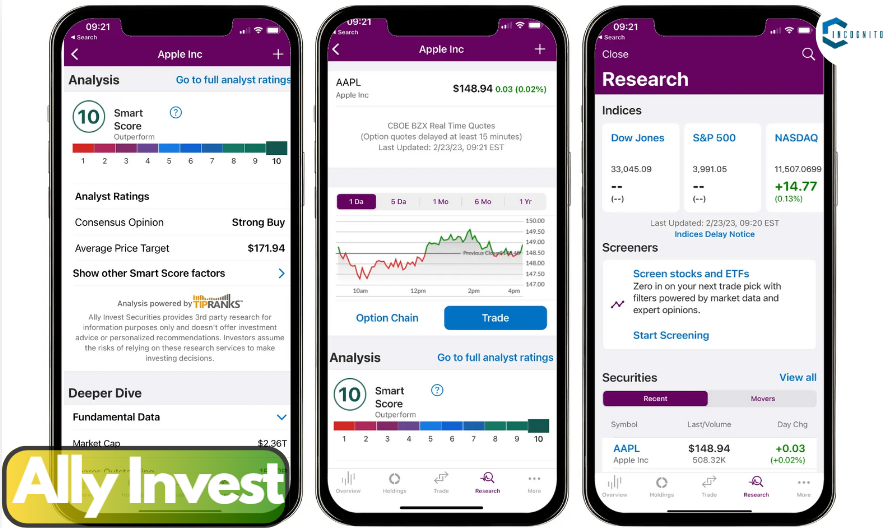
Ally Invest
8. Ally Invest
- Origin: Founded in 1919 as GMAC, rebranded in 2010.
- Available for: iOS and Android.
- Developer: Ally Financial.
Why Choose Ally Invest?
If you’re looking for top-notch customer support then Ally Invest is the best. It is known for having 24/7 help available through phone, email, and chat. This is great if you’re new to investing and might need a hand with things. It also integrates well with other Ally products like their bank.
Pros:
- Excellent customer support.
- Integration with other Ally products.
Cons:
- Fewer advanced features than competitors.
Conclusion About Best Stock Market Apps:
It is time to sum up this blog. You should choose the app as per your needs and interests. You just need to find what you want and all the above apps have got you covered. There are advanced features if you are looking.
That’s it for now. Thanks for reading.
READ MORE ABOUT STOCKS AND TRADING:

